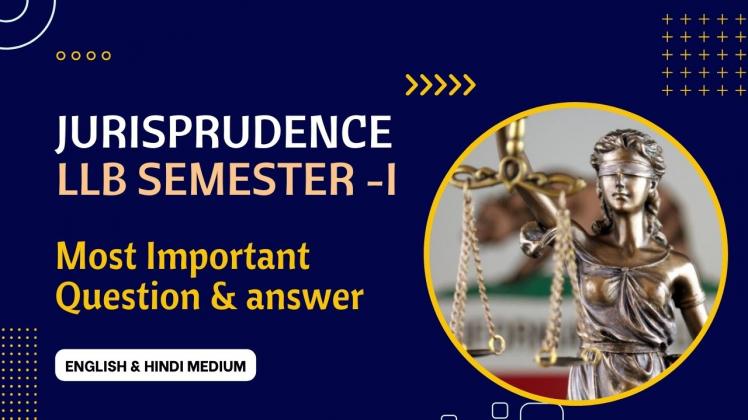In the first semester of a contract law course, students typically explore the foundational principles and doctrines of contract law. Here's a breakdown of what students might expect:
Introduction to Contract Law: The semester begins with an overview of contract law, its historical development, and its importance in modern legal systems. Students learn about the role of contracts in facilitating transactions and regulating relationships between parties.
Elements of a Contract: Students study the essential elements required for the formation of a legally enforceable contract, including offer, acceptance, consideration, intention to create legal relations, and certainty of terms. They examine how these elements apply in various contractual contexts.
Formation of Contracts: This topic delves into the process of contract formation, including the requirements for a valid offer and acceptance. Students explore different methods of communication and acceptance, as well as the rules governing revocation, rejection, and counteroffers.
Consideration and Promissory Estoppel: Consideration is a fundamental concept in contract law, referring to the exchange of something of value between parties to a contract. Students learn about the requirements for valid consideration and exceptions such as promissory estoppel, which may enforce promises made without consideration.
Capacity and Legality: Students examine the legal capacity of parties to enter into contracts, including minors, individuals with mental incapacity, and corporations. They also study the requirement that contracts must be formed for lawful purposes and the consequences of illegal or void contracts.
Express and Implied Terms: This topic covers the distinction between express terms, which are explicitly stated in a contract, and implied terms, which are inferred by law or custom. Students explore the sources of implied terms and the circumstances in which they may be implied into a contract.
Terms and Representations: Students learn about the importance of distinguishing between contractual terms and mere representations. They study the remedies available for breach of contract terms and misrepresentations, including damages, specific performance, and rescission.
Vitiating Factors: This topic examines vitiating factors that may render a contract voidable, such as misrepresentation, mistake, duress, and undue influence. Students explore the requirements for proving each vitiating factor and the consequences for the validity of the contract.
Discharge and Remedies: Students study the various ways in which contracts may be discharged, including performance, agreement, frustration, and breach. They also examine the remedies available to parties in the event of a breach of contract, such as damages, injunctions, and specific performance.
Practical Application and Case Analysis: Throughout the semester, students engage in case analysis and hypothetical scenarios to apply legal principles to real-world situations. They develop their analytical and problem-solving skills through written assignments, class discussions, and moot court exercises.
By the end of the semester, students should have a solid understanding of the fundamental principles of contract law and the ability to analyze and evaluate contractual issues effectively. This foundational knowledge prepares them for more advanced study and practical application of contract law principles in subsequent courses and legal practice.


